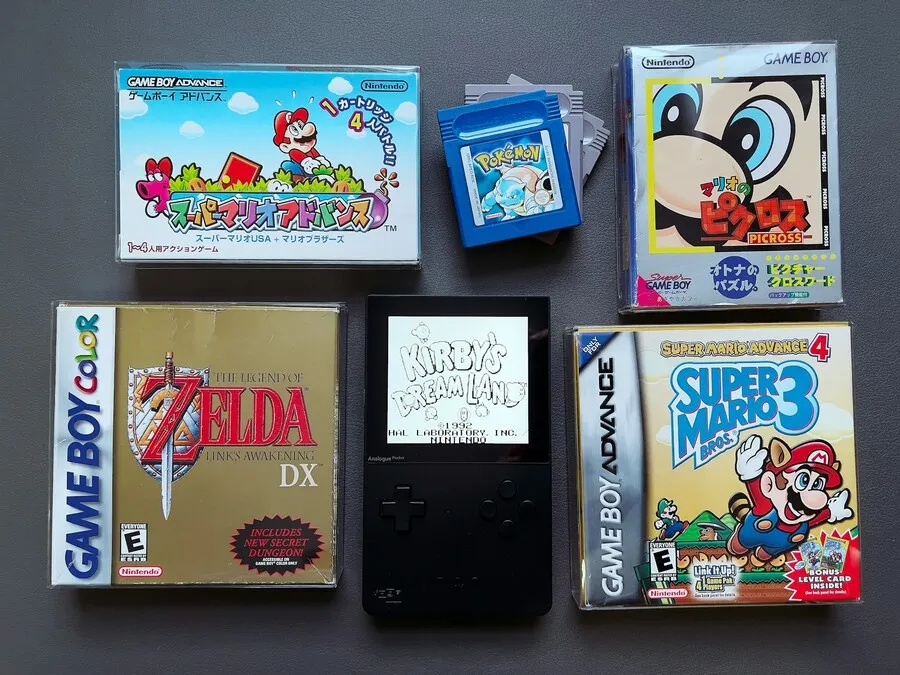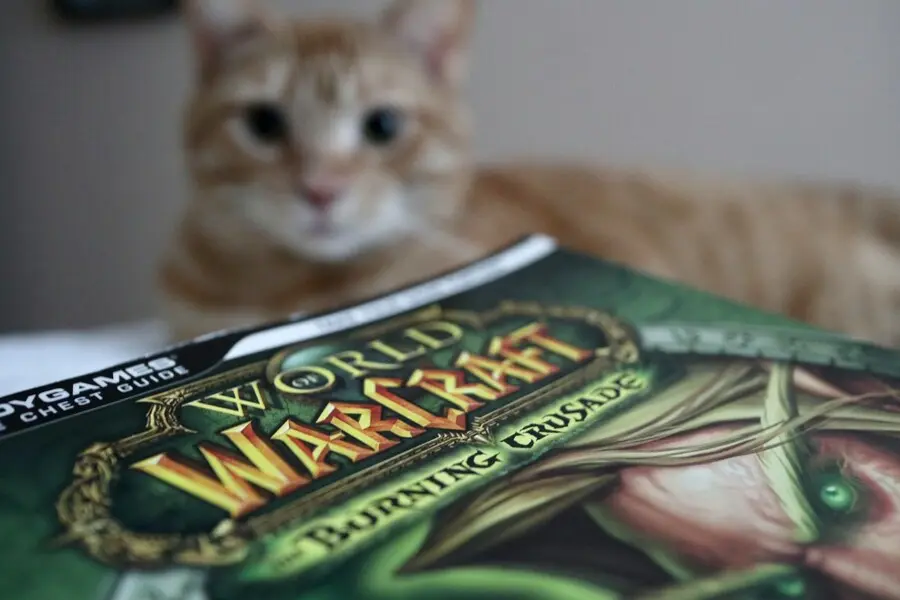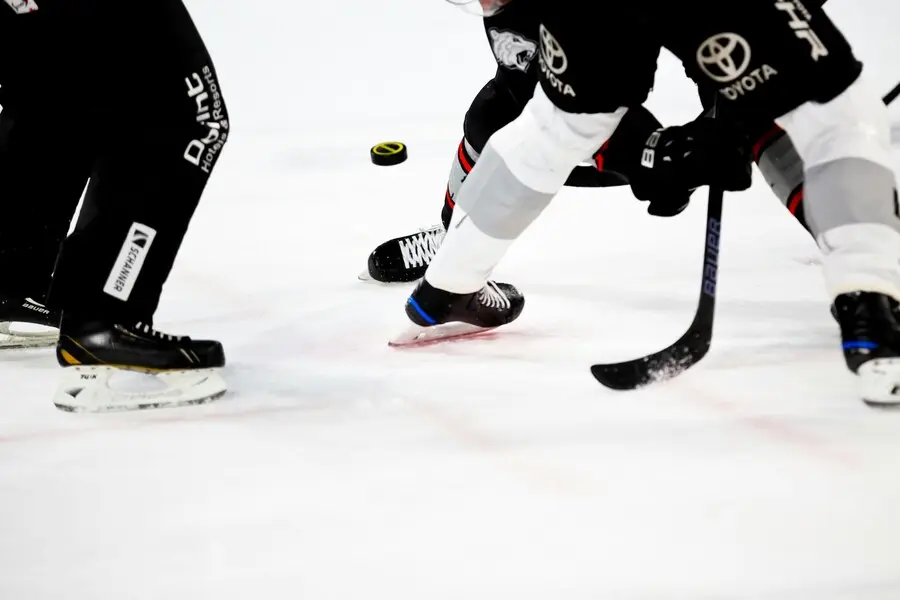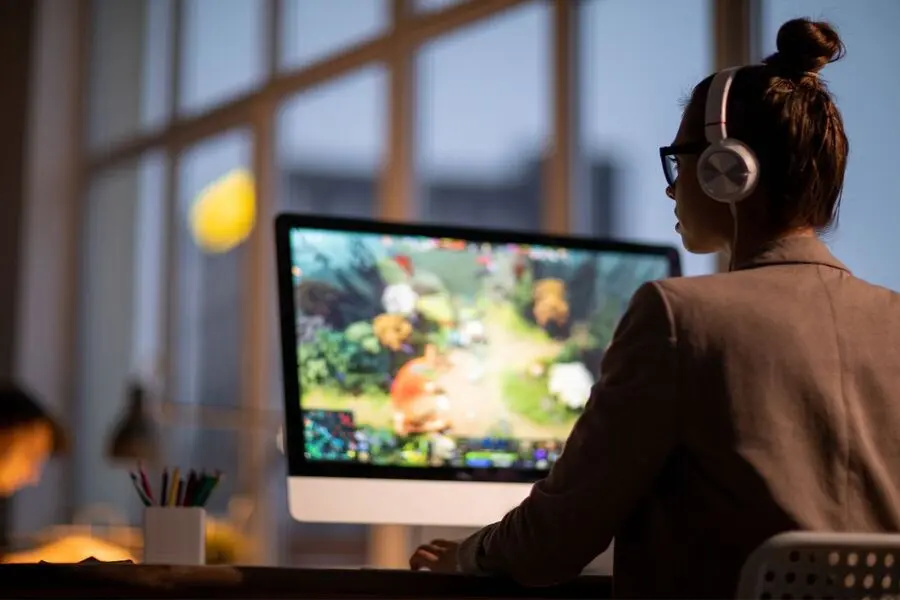From the outside you look like a very successful independent musician. You’re getting a lot of visitors on MySpace and Facebook. You’ve got enough ‘friends’ to start your own fairly large city. Everyone is raving about your music. You’re being played on Internet radio stations worldwide. So why aren’t you making boatloads of money?
Here are several thoughts, questions and suggestions that will help you find the best ways to get your fans to buy your music and attend your shows:
- Visits to your website or social network page are not equal to fans. Stick around long enough and you’ll amass visitors organically. ‘Friends’ are also not the same as real fans if they have never even listened to your music. Find and cater to those people in the masses who really love you and your music — the ones who actually mention individual songs or who reply to your comments. You may want to work to get a few people to spend a lot of money each, rather than a lot of people trickling in a few cents here and there. It will add up quickly.
- There is an enormous amount of competition out there. What are you doing to keep people on your website or social network page long enough to make that crucial buying decision? 30- or 60-second samples of your songs often won’t do the trick. Stagnant pictures are often not enough. However, videos of you performing, being interviewed, living life off stage, for example, are all ways to keep people glued to your page or website. Interesting blogs, contests etc. can also do the trick. Engage your visitors long enough to move them from casual onlooker to dedicated fan.
- Who you know who your fans really are? Do they have money? Is it disposable income? Some demographics are not as wealthy as others, especially when the economy is depressed. Be sure you are marketing yourself to people who have the money to spend on both downloads and show tickets.
- Do you cater to a demographic that buys music online? Some demographics are known to purchase a lot of music online, while others still prefer CDs. Some purchase a lot of ring tones, while others do not. Know your fans and their buying habits.
- Do you make it easy for your fans to purchase your music? Is there a link on every one of your social network pages and on your website to purchase music on the spot, or do they have hunt to try to find your music on another website to buy it?
- Where are your most ardent fans? If you know this, you can set up your tours to coincide with where your largest and most dedicated fan bases are. You can learn this with surveys and other fan-tracking widgets. Be sure to collect zip codes when your fans sign up for your newsletter, so that you can specifically market to them when you’re going to be performing in their region.
- People can listen to music for free all day long. Many are used to not paying for it. So, are you giving them a reason to buy your music? For example, does buying your music enter them in a contest for a grand prize? If they order your CD can they buy an autographed picture, or a t-shirt for 1/2 price? How about offering a couple of free downloads if they buy your CD. You need to convince them that it is worth both their time and money to take their credit card out and spend their hard earned money on your music. Always give them more value than they are paying for!
- Are you building relationships with your fans, or are they just numbers to you? Do you have a newsletter that you send out monthly to your fans? Do they know more about you than just what you sound like? Are your communications robot-like, or do you actually carry on a dialogue with your fans? Do you have candid videos or photos or is everything ‘professional’? Fans want to get to know you. They want to feel like an ‘insider’ — a real friend — not just another email address.
- Are you touring? People love to buy music from acts that they have seen. They buy a reminder of the experience. Touring helps you create a buzz! This is especially true if you perform a lot in just a few select regions rather than scattered all over. By returning to regions every few months, you give your new fans a chance to show off their ‘find’ and bring their friends to see you. The cycle repeats itself each time you return, to the point where eventually you have enough fans in each area to move up to bigger and higher-paying venues!
- Are you giving people reasons to buy now rather than later? For example, can you offer a limited pressing of a CD? An example would be, “We are only selling 500 copies of this CD with this cover and an autographed insert.” There’s a reason why infomercials have that famous line… “Order in the next 10 minutes and you’ll also get___”
- Is your music priced to sell? Would you rather sell 5,000 CDs at $10 each and make $50,000, or 1000 CDs at $15 and make $15,000? Do you want 200 people to buy a $10 ticket to your show to clear $2,000, or 50 people to buy a $25 ticket to clear $1,250? Remember that 200 fans at a show will enable you to sell 4 times the CDs and merchandise after the show! Know what your fans are willing and able to pay.
- Are you creating anticipation in advance for your new music, or are you just putting it out there when the recording is done? Are you counting on your ‘friends’ to return to your site on their own to see if you’re released new music, or are you driving them there to hear something they’ve been anxiously waiting for? Are you feeding them ‘sneak peaks’ of your newest music? There is a reason why you see commercials for movies that won’t be in theaters for another month. It’s all about building the excitement and anticipation.
The bottom line is that there are thousands of independent musicians trying to sell their music to the same people you are. Your job is to give your fans a reason to buy your music and merchandise instead of or in addition to someone else’s. Get creative. Engage them enough that they want to take something with them when they leave your gig or website!
By VinnyRibas
Source by Vinny Ribas












